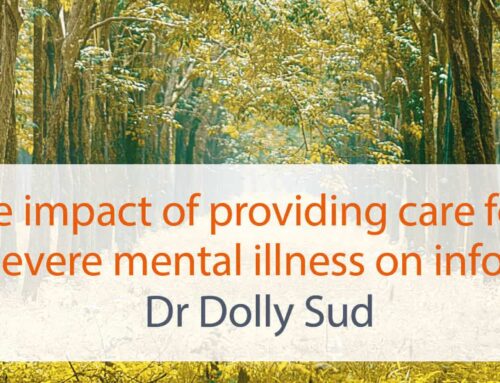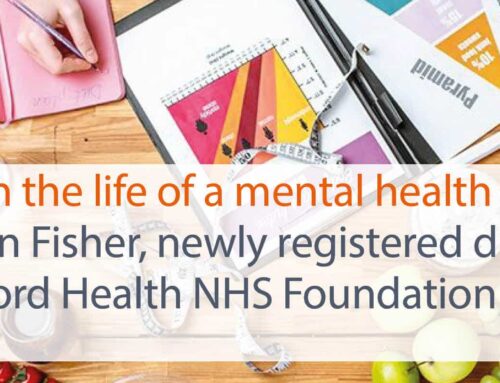
This week, NHS England and the British Medical Association announced changes to the standard GP contract in England for the year ahead. The contract is negotiated each year and determines what general practices are paid to do for their patients.
This year’s contract, which will start from April, includes two major new developments relating to mental health.
First, the new contract will include payments to practices that carry out a full, annual six-point physical health check for patients registered with them as having a severe mental illness (defined as ‘schizophrenia, bipolar affective disorder and other psychoses’). Until now, they were only paid to carry out three of the six elements of the recommended health check: smoking, weight and blood pressure. It will now include blood glucose, alcohol consumption and blood lipids (the latter every year for people taking antipsychotic medication or with other specific risks, every two years for those without).
This is an important step forward for physical health equality for people living with a mental illness. It should mean that more people will have physical health problems such as diabetes picked up early. Diabetes is three times more common among people with a long-term mental illness than in the rest of the population, and is a major contributor to the 15-20 year life expectancy gap.
The Equally Well UK collaborative – hosted by Centre for Mental Health, in partnership with Rethink Mental Illness and a number of leading professional associations – is currently working with NHS England to support a winter outreach programme to ensure more people with a mental illness get access to both health checks and (if they’re eligible) flu vaccinations. And later this year, people with mental illness will be included in the priority group for the Covid vaccination of people with long-term conditions.
The long road to equality in physical health for people with a mental illness just got a little shorter.
The second major development is the confirmation that from April, Primary Care Networks (PCNs) across England will have access to new mental health workers. Primary Care Networks are local clusters of general practices (with populations typically of 30,000-50,000) which are responsible for organising primary care services in their areas (for more information, see https://www.centreformentalhealth.org.uk/publications/mental-health-and-primary-care-networks).
Until now, PCNs have been given funding (under the Additional Roles Reimbursement Scheme, ARRS) to employ a range of different health care workers, including physiotherapists and pharmacists, to work in or around GP surgeries. But this funding has not yet extended to mental health professionals.
Unlike the other professionals deployed to primary care, however, the new mental health workers will not be employed directly by PCNs but by the NHS mental health provider trust in their local area. Specifically, the new contract states:
“A joint funding model will bring together additional community mental health service funding with PCN funding. From April 2021, every PCN will become entitled to a fully embedded FTE mental health practitioner, employed and provided by the PCN’s local provider of community mental health services, as locally agreed. 50% of the funding will be provided from the mental health provider, and
50% by the PCN… with the practitioner wholly deployed to the PCN. This entitlement will increase to 2 WTE in 2022/23 and 3 WTE by 2023/24, subject to a positive review of implementation. For PCNs with more than 100,000 patients the entitlements are double. Staff funded in this way will be additional to those mental health practitioners and co-located IAPT practitioners already embedded within general practice.”
There are a number of potential benefits of this approach. As the NHS in England begins to implement the Community Mental Health Framework, promising ‘whole person, whole population’ mental health care, adding resources to local GP surgeries has the potential to help people who too often find there is little or no support from either primary or secondary care services. And being employed by mental health trusts rather than PCNs may enable the new workers to be better connected to other mental health services in their local area.
There are potential drawbacks, too. The chosen model may give less flexibility to PCNs to determine who they employ and what they prioritise. How this gets resolved may depend on how well PCNs and mental health trusts work together locally to identify the biggest gaps in current services. And if the scheme is successful, promises of extra funding to increase the number of workers may help to fill more of the gaps and offer a genuinely ‘whole population’ mental health service for the first time.
Research has already shown that approaches such as locating clinical psychologists in GP surgeries can fill major gaps in mental health provision. With the rising tide of poor mental health caused by the Covid-19 pandemic still to come, it is vital that primary care services are given the support they need to help people as quickly and effectively as possible.
First published on Centre for Mental health






